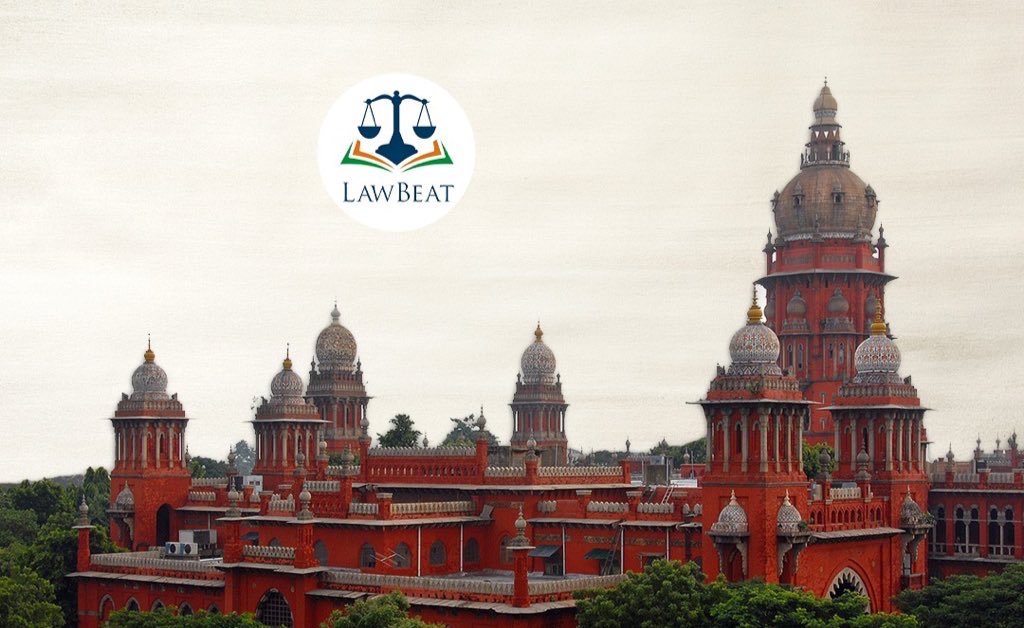"ABVP Leader arrested with ulterior motive to detain him on a public holiday": Madras High Court grants bail

Former ABVP National President Dr. Subbiah Shanmugam, who was arrested on March 19, has been directed to be released on Bail by Madras High Court.
The bench comprising Justice G Jayachandran has noted that the arrest itself was made erroneously after his counsel said that Subbiah was arrested on a public holiday, with the intention to detain him for more than 48 hours.
".....individuals are arrested during night of Friday, so that they will not be in a position to move the Court of law till Monday. Such detention would be absolutely violation of Article 21 of the Constitution of India and it could be both a crime and tort(civil wrong) also.," the Madras High Court said
Subbiah is a Surgical Oncologist serving at Stanly Government Medical College Hospital. An incident took place on July 25, 2020, at the residence of Balaji Vijayaraghavan. The Lady made a police complaint alleging that Subbiah, had thrown a used mask inside her gate and urinated in front of her residence.
Dr. Subbiah was arrested and remanded to judicial custody under Section 271 (disobedience to quarantine rule), 427 (mischief causing damage) and Section 4 of TNPHW Act, 2002 and later, the charges were altered into Section 271, 427, 447(Punishment for criminal trespass) of IPC and Section 3 of Tamil Nadu Public Property (Prevention of Damaged and Loss) Act, 1992 read with Section 4 of the Tamil Nadu Prohibition of Harassment of Women Act, 1998.
The petitioner filed for bail on an urgent basis, without approaching the trial Court alleging, that there was a gross violation of fundamental rights and abuse of power by the respondent police. And on the request of the learned counsel appearing for the petitioner, the matter was taken up for consideration.
The learned counsel appearing for the petitioner stated that the dispute between the complainant and the petitioner ended in a compromise long ago, but Subbiah had been arrested under the pressure of the men in power, as the petitioner is an Office bearer of the Students Organization.
Court noted that various High Courts have stated, that, “The unwarranted arrest on a public holiday with the sole intention is to preventing the detainee from getting legal assistance is a violation of fundamental rights” in similar cases.
The Hon'ble Supreme Court in Joginder Kumar v. State of Uttar Pradesh (1994) 4 SCC 260, had also observed that:
“No arrest can be made because it is lawful for the police officer to do so. The existence of the power to arrest is one thing. The justification for the exercise of it is quite another. The police officer must be able to justify the arrest apart from his power to do so. Arrest and detention in police lock-up of a person can cause incalculable harm to the reputation and self-esteem of a person. No arrest can be made in a routine manner on a mere allegation of commission of an offense made against a person. It would be prudent for a police officer in the interest of protection of the constitutional rights of a citizen and perhaps in his own interest that no arrest should be made without a reasonable satisfaction reached after some investigation as to the genuineness and bona fides of a complaint and a reasonable belief both as to the person's complicity and even so as to the need to effect the arrest. Denying a person of his liberty is a serious matter," the Court said.
In this light, the Court found an error in the arrest of the petitioner, leading to violation of his fundamental rights and stated that the error had been committed with an ulterior motive to take departmental action and place the petitioner under suspension.
“Since the arrest itself apparently and erroneously made, the arrest will not give any ground for taking departmental action against this petitioner”, said the Court.
The High Court, henceforth granted Interim Bail to the ABVP Leader Subbiah. And ordered, that he should be released on executing a bond for Rs.25 000/- to the satisfaction of the Superintendent of Prison, Chengalpet.
Case Title- Dr.Subbiah Shanmugam v. State
